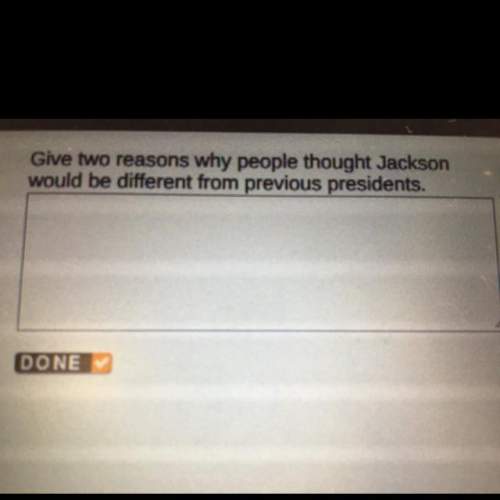
History, 18.09.2021 07:50, sushikaya1205
Interpretation: Assessment of Columbus A: The Columbian discovery was of greater magnitude than any other discovery or invention in human history, Europeans realized that in the sixteenth century. In the centuries since then, the importance of Columbus's dis- covery has continued to swell, both because of the prodigious development of the New World and because of the numerous other discoveries that have stemmed from it. It was after Columbus's voyages that the task of inte- grating the American continents into Greco-Roman-Christian-European-cult ure was carried out. Notwithstand- ing errors, egoism, and unheard-of violence, the discovery was an essential, in many ways, determining, factor in ushering in the modern age. It was brought about first and above all by the Spanish and then by the Portuguese, French, English, Italians, Irish-to some extent by all the peoples of Europe. But this recognition cannot diminish the value of the inception of that task, which was Columbus's discovery.–Paolo Emilio Taviani, Columbus, The Great Adventure, 1991 B: Thus began the history, five hundred years ago, of the European invasion of the Indian settlements of the Americas... When we read the history books given to children in the United States, it all starts with heroic adventure-there is no bloodshed—and Columbus Day is a celebration. To emphasize the heroism of Columbus and his successors as navigators and discoverers, and to deemphasize their genocide, is not a technical necessity but an ideological choice. It serves-unwittingly—to justify what was done. ... The treatment of heroes (Colum- bus) and their victims (the Arawaks)—the quiet acceptance of conquest and murder in the name of progress-is only one aspect of a certain approach to history, in which the past is told from the point of view of government, conquerors, diplomats, leaders ... Was all this bloodshed and deceit—from Columbus to Cortes, Pizarro, the Puritans-a necessity for the human race to progress from savagery to civilization?-Howard Zinn, A People's History of the United States, 1980
Explain the differences between Interpretation A and Interpretation B:
Specific Historical Evidence to Support A (not mentioned in passage):
Specific Historical Evidence to Support B (not mentioned in passage):

Answers: 3
Other questions on the subject: History

History, 21.06.2019 23:00, yselahernandez02
Which roman emperor was responsible for a major shift in the dominate religious attitude of the roman empire?
Answers: 2

History, 22.06.2019 04:40, raprocksbob
3. describe a situation in which a government has a great deal of power but does not have political authority. then explain whether you think the rule of law would likely be respected under such a government.
Answers: 3

History, 22.06.2019 07:00, bryanmcmillianjr
What challenges did political parties face during the election of 1800
Answers: 2
Do you know the correct answer?
Interpretation: Assessment of Columbus A: The Columbian discovery was of greater magnitude than any...
Questions in other subjects:

Health, 21.07.2019 23:00
















